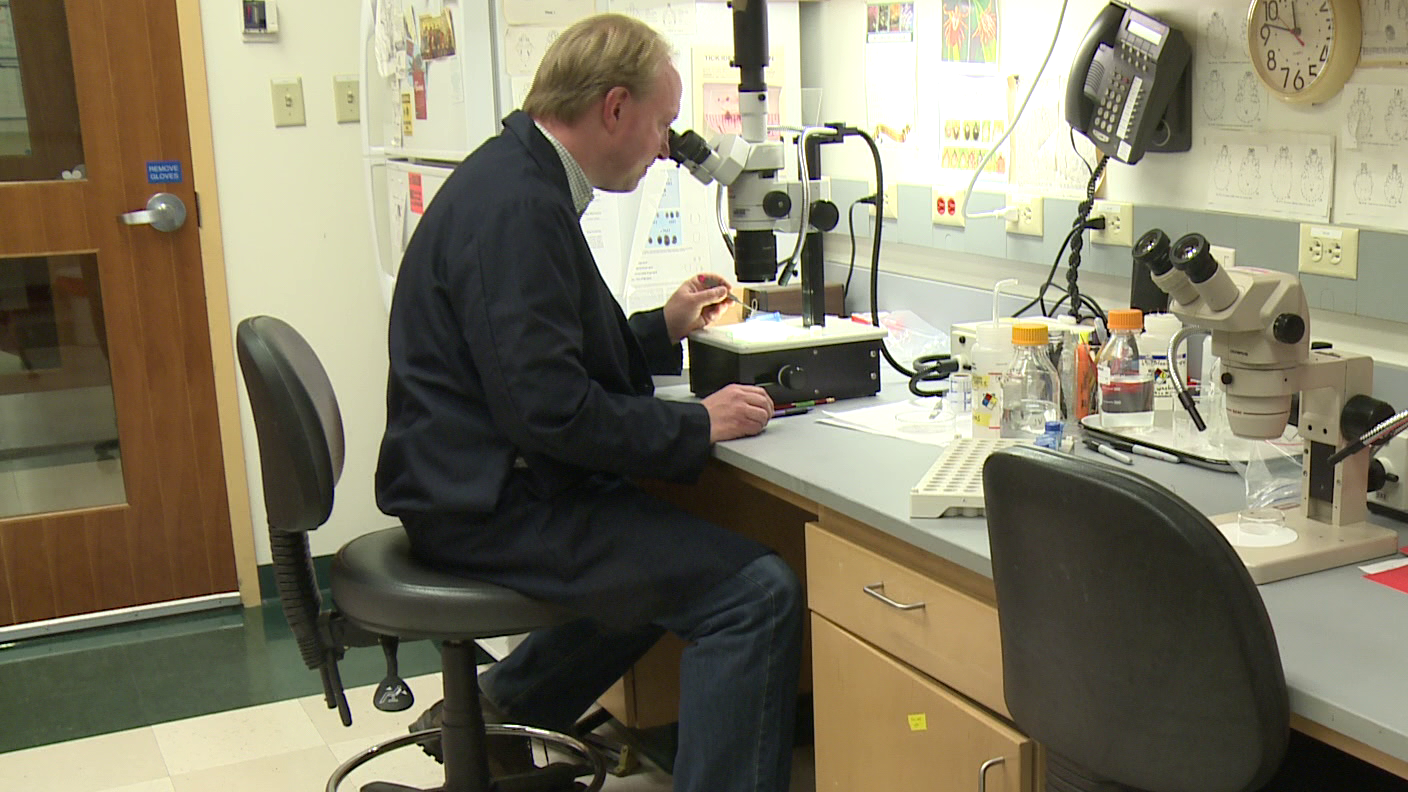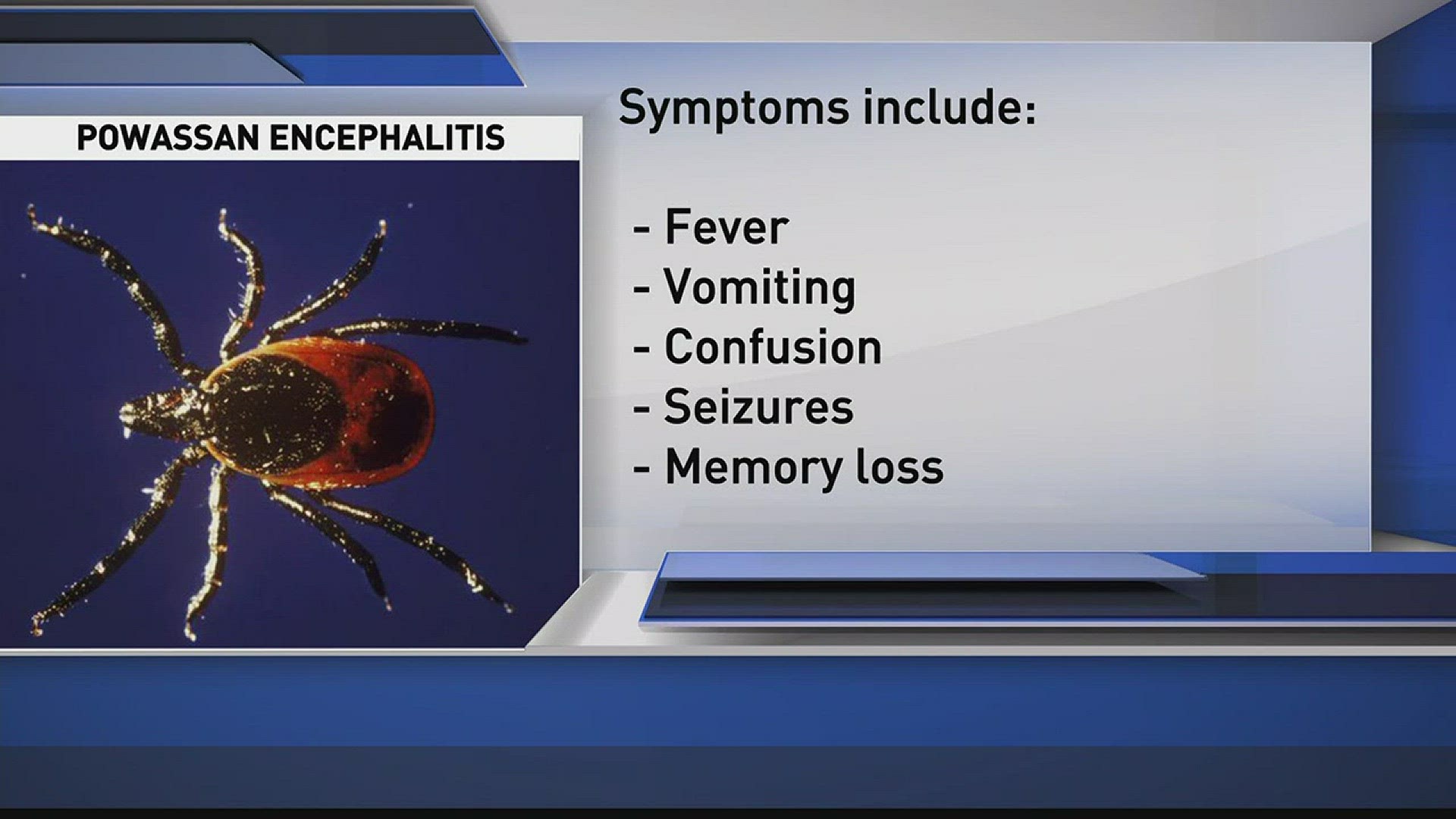(NEWS CENTER) -- Maine continues to deal with Powassan Encephalitis cases from interactions with woodchuck and deer ticks.
According to the Maine Center For Disease Control and Prevention (Maine CDC), there have been two confirmed cases of encephalitis this spring.
Click RIGHT HERE for more information on vector/tick-borne illnesses.
Both infected residents were from the midcoast area. The cases were confirmed by the USGS Fort Collins Science Center. According to the Maine CDC, symptoms may include: fever, headache, vomiting, weakness, confusion, seizures, and memory loss. Those with Powassan Encephalitis can also experience long-term neurologic problems.

According to State Epidemiologist Dr. Siiri Bennett, the best ways to avoid injury/infection is:
Wearing protective clothing. Light clothing makes ticks easier to see and long sleeves and pants reduces exposed skin for ticks to attach.
Use an EPA repellent and always follow the labels. Clothing and gear can be treated with Permethrin for longer protection.
Use caution in tick-infested areas. Avoid wooded and brushy areas with high grass and stay in the middle of trails whenever possible.
Perform daily tick checks. Check for ticks immediately after exiting high-risk areas. Bathe or shower (preferably within 2 hours after being outdoors) to wash off and find ticks on your body.
Conduct a full-body tick check. Also examine clothing, gear, and pets.
You can visit The University of Maine's Cooperative Extension to submit a tick for identification. There are 14 species currently identified in Maine.

